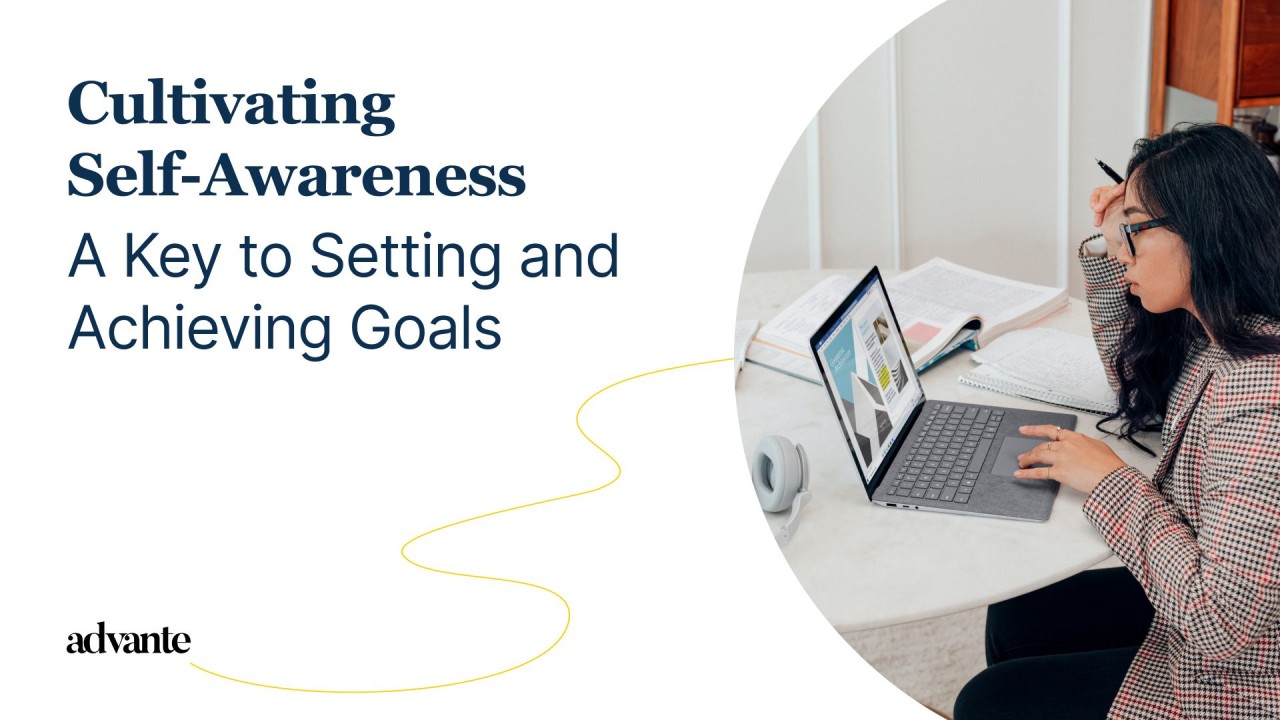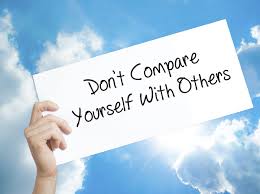Introduction.

Self-improvement is a journey that many people undertake to better themselves in personal, professional, and relational aspects. However, the key to effective self-improvement lies in cultivating self-awareness. Self-awareness enables us to understand our strengths, weaknesses, and values, guiding us toward meaningful and sustainable growth. This article explores the crucial role of self-awareness in self-improvement and provides strategies for fostering it.
1. Understanding Self-Awareness
Explanation: Self-awareness is the ability to recognize and understand our emotions, motivations, and actions. It helps us see ourselves objectively and understand how our behavior affects others.
Example: Realizing that you become stressed in high-pressure situations is a form of self-awareness that can help you identify ways to manage that stress.
Key Insight: Self-awareness serves as the foundation for self-improvement, offering insights that help shape meaningful changes.
2. Why Self-Awareness is Essential for Self-Improvement
Explanation: Without self-awareness, self-improvement can become aimless. Understanding yourself allows you to set relevant goals and measure your progress effectively.
Example: A person who understands their tendency to procrastinate can address it by setting smaller, more achievable milestones.
Key Insight: Self-awareness transforms self-improvement from superficial changes into deep, long-lasting growth.
3. Identifying Strengths and Weaknesses
Explanation: Self-awareness helps you identify both your strengths, which you can leverage, and your weaknesses, which you can work on to improve.
Example: Recognizing that you are a good listener but struggle with public speaking allows you to improve communication skills while valuing your empathy.
Key Insight: Knowing where your abilities lie empowers you to make informed decisions on where to focus your energy.
4. Cultivating Mindfulness for Self-Awareness
Explanation: Mindfulness, or the practice of staying present and non-judgmental, enhances self-awareness by allowing you to observe your thoughts, emotions, and reactions objectively.
Example: Mindfully noticing feelings of frustration in specific situations can help you pinpoint underlying issues that need attention.
Key Insight: Mindfulness creates space for reflection, allowing you to recognize patterns and respond rather than react.
5. Leveraging Feedback for Self-Improvement
Explanation: Feedback from others provides an external perspective on your behavior and can reveal blind spots, helping to refine your self-awareness.
Example: A colleague pointing out that you tend to dominate discussions may help you adjust and encourage more balanced conversations.
Key Insight: Constructive feedback can enhance self-awareness, offering insights that might be difficult to observe alone.
6. Setting Realistic, Self-Aware Goals
Explanation: Self-awareness allows you to set realistic and meaningful goals based on a true understanding of yourself, leading to more achievable and satisfying outcomes.
Example: If you know you work best in the morning, setting goals that align with your peak productivity times can enhance your chances of success.
Key Insight: Self-aware goals align with your capabilities and limitations, making progress more manageable and rewarding.
7. Managing Emotions for Better Decision-Making
Explanation: Self-awareness enables emotional regulation, which is essential for making clear, level-headed decisions.
Example: Recognizing that anger clouds your judgment allows you to take a moment before responding in heated situations.
Key Insight: Emotionally aware individuals can better manage their reactions, leading to healthier relationships and wiser decisions.
8. Recognizing and Overcoming Limiting Beliefs
Explanation: Self-awareness helps you identify limiting beliefs that may be holding you back, allowing you to address and replace them with more constructive thoughts.
Example: Noticing a tendency to doubt your abilities can prompt you to reframe your mindset and build self-confidence.
Key Insight: Recognizing and challenging self-limiting beliefs unlocks potential for personal and professional growth.
9. Building Resilience through Self-Awareness
Explanation: Self-aware individuals are more resilient because they understand their emotional triggers and know how to cope with challenges effectively.
Example: Knowing that failure initially discourages you allows you to prepare coping mechanisms, such as positive self-talk, to recover faster.
Key Insight: Self-awareness supports resilience, helping you handle setbacks more effectively.
10. Practicing Self-Compassion in Self-Improvement
Explanation: Self-awareness allows you to approach self-improvement with compassion, recognizing that growth is a journey that takes time.
Example: If you notice self-critical thoughts, practicing self-compassion can prevent discouragement and encourage persistence.
Key Insight: Self-compassion sustains long-term growth by creating a positive environment for change, free from excessive self-criticism.
Conclusion.
Self-awareness is a powerful tool that drives effective self-improvement. It enables us to set meaningful goals, manage our emotions, and understand our strengths and weaknesses, leading to authentic and sustainable growth. By cultivating mindfulness, seeking feedback, challenging limiting beliefs, and practicing self-compassion, we can enhance our self-awareness and achieve meaningful progress in our personal and professional lives. In the journey of self-improvement, self-awareness is the compass that guides us toward a more fulfilled, resilient, and purpose-driven life.


You must be logged in to post a comment.